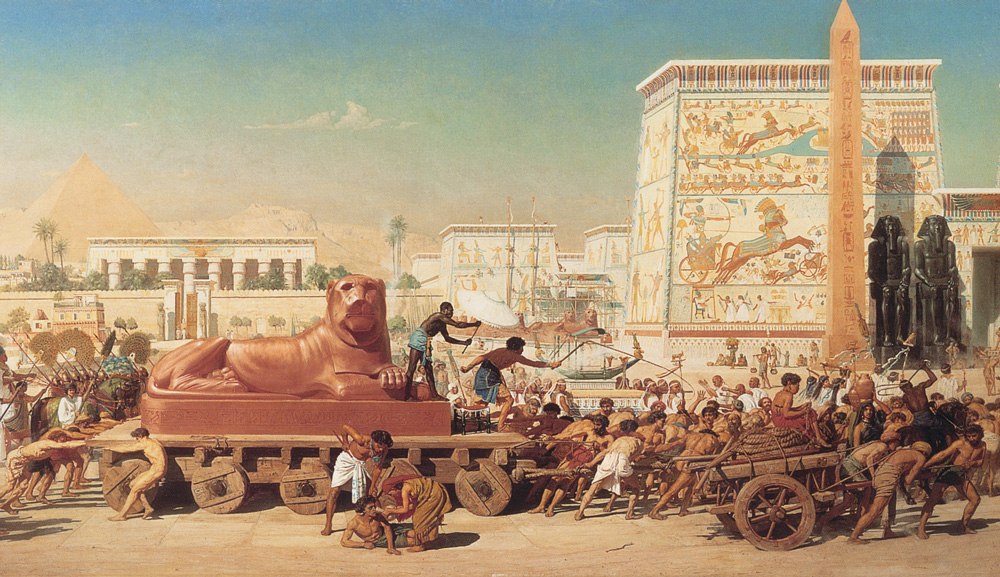Many are sure that one of Judaism’s central events never happened. Evidence, some published here for the first time, suggests otherwise.

To this day, no pulpit talk by a contemporary American rabbi has generated greater attention or controversy than a sermon delivered by Rabbi David Wolpe on the morning of Passover 2001. “The truth,” Rabbi Wolpe informed his Los Angeles congregation, “is [that] the way the Bible describes the exodus [from Egypt] is not the way it happened, if it happened at all.”
Beyond dropping a theological bombshell, the sermon ushered in a new era, one in which synagogue-attending Jews could increasingly expect to be confronted with the findings of academic study of the Bible. To Rabbi Wolpe, intellectual honesty mandated that, with respect to the exodus in particular, these findings be not only confronted but embraced, and it was the duty of spiritual leaders like himself to help the faithful assimilate them.
In the intervening years, thanks in no small part to the Internet and the ubiquity of social media, exposure to these findings has increased exponentially, much of it focused on one issue: the historicity, or especially the non-historicity, of the biblical exodus. In, for example, an inaugural essay for The Torah.com, a website devoted to “integrating the study of Torah with the disciplines and findings of academic biblical scholarship,” Rabbi Zev Farber declared categorically that “Given the data to which modern historians have access, it is impossible to regard the accounts of mass exodus from Egypt, [or] the wilderness experience . . . as historical.”
One might be tempted to ask: what’s the big deal? For some, indeed, there is none: to admit there never was an exodus is a matter of simple honesty, and need have little or any deleterious effect on one’s appreciation of Judaism. To the contrary: Bible stories, we are told, speak to us in symbolic terms; God’s voice is in the message of the exodus story, not in its supposed facts, and that message, once shorn of its mythological baggage, is only strengthened.
For others, however, excising the exodus from Judaism undercuts Judaism itself. After all, the biblical rationale for Israel’s obligation to God is premised not on His identity as Creator, or on His supreme moral authority, but on the fact that the Israelite slaves in Egypt cried out to Him from their bondage and He saved them. This is the sole driving force behind the opening line of the Ten Commandments: “I am the Lord your God who took you out of Egypt, the house of bondage.”
On this latter view, were there no exodus, nearly all of Judaism’s sacred texts over the centuries would have perpetuated a great lie. In response to the question posed by the child at the seder meal, “How is this night different from all other nights?” a father would be obliged to reply, “Really, my child, there’s no difference.” And indeed, at many a contemporary seder table, a new figure has emerged: next to the son who knows not how to ask, sits the father who knows not how to answer.
In what follows I offer that father three helpings of scholarship to help him formulate an answer.



Leave a Reply
You must be logged in to post a comment.